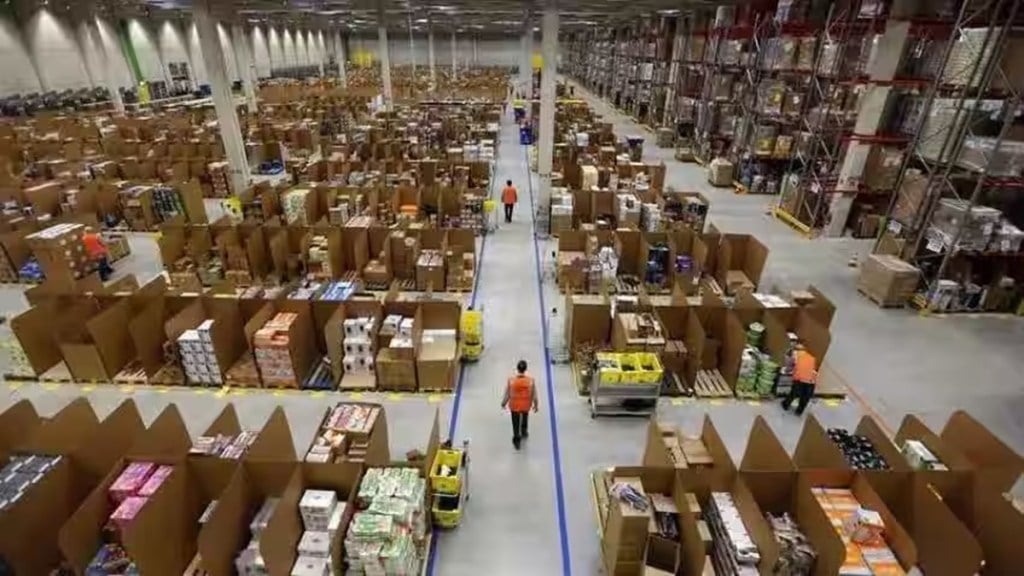By Nikita Vaz
To create a better planet and a conscious business, sustainability must become a foundational pillar to strengthen the dynamic global landscape, where industries are transforming and adopting new models. In an era marked by environmental challenges and resource scarcity, circular economy models have emerged as a transformative solution to drive sustainability across industries worldwide.
Circularity entails products and materials flowing back to be utilised as resources in circular loops. One crucial aspect is incorporating circular thinking during the product design phase to ensure it can achieve its full circularity potential. This involves designing products to be repurposed, repaired, reused, resold, or recycled by minimising waste and enabling a systemic shift towards a circular economy.
Circularity affects all aspects of a business, from customer interactions and product development to material sourcing and supply chain management. It also emphasises reuse, refurbishment, remanufacturing, and recycling as ways to preserve as much value as possible and extend the lifespan of resources, products, parts, and materials for customers.
Circular economy models are revolutionising the home furnishing industry by yielding positive impacts on businesses, individuals, and the planet at large. These models prioritize sustainability and resource efficiency, resulting in reduced waste generation and a lower environmental footprint throughout the product lifecycle. By emphasising reuse, refurbishment, and recycling, businesses can streamline their operations while minimising raw material consumption and greenhouse gas emissions.
India’s green economy has consistently grown through government initiatives, corporate responsibility, and increasing consumer awareness. Besides being the world’s third-largest producer of renewable energy, India has set its clean energy targets under the Panchamrit action plan of achieving net-zero carbon emissions by 2070 and meeting 50% of electricity needs from renewable sources by 2030. One of the foremost goals of sustainable practices is to significantly reduce greenhouse gas emissions and transition toward using only renewable or recycled materials. The aim is to inspire and enable many people to live a better everyday life and contribute to the planet’s well-being.
Also read: Sustainable practices redefining the future of construction in India
Furthermore, circular economy practices foster innovation and collaboration across supply chains, cultivating a culture of purposeful manufacturing and building resilience within the industry. From a societal standpoint, these models promote greater access to affordable and durable products, contributing to heightened customer satisfaction and well-being. By conserving resources and mitigating environmental harm, circular economy initiatives play a vital role in safeguarding ecosystems and preserving natural habitats for future generations. Overall, the adoption of circular economy principles in the home furnishing sector signifies a transformative shift towards a more sustainable and regenerative future for businesses, individuals, and the planet.
Companies should not only adapt but thrive in this new landscape to create a better home for a better everyday life. There should be a consistent drive to incorporate models that explore the potential for more circular solutions, such as furniture leasing, take-back and buy-back schemes, and assisting customers in repairing, reusing, and recycling old furniture or giving it a second life through reselling.
Transforming into a circular enterprise is one of the most ambitious and challenging goals today. Embracing circularity represents a systemic change that impacts every aspect of businesses. It will take time to navigate this complexity, but we believe that our collective contribution towards the circular economy will be significant when we do.
(The author Nikita Vaz is the country sustainability manager at Ikea India. Views expressed are personal and not necessarily those of financialexpress.com.)

